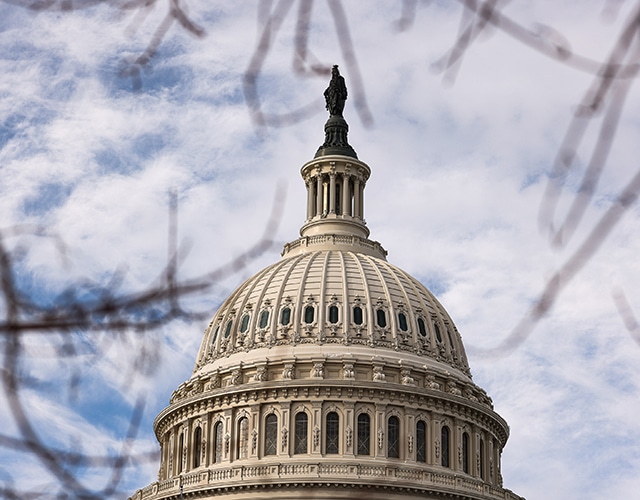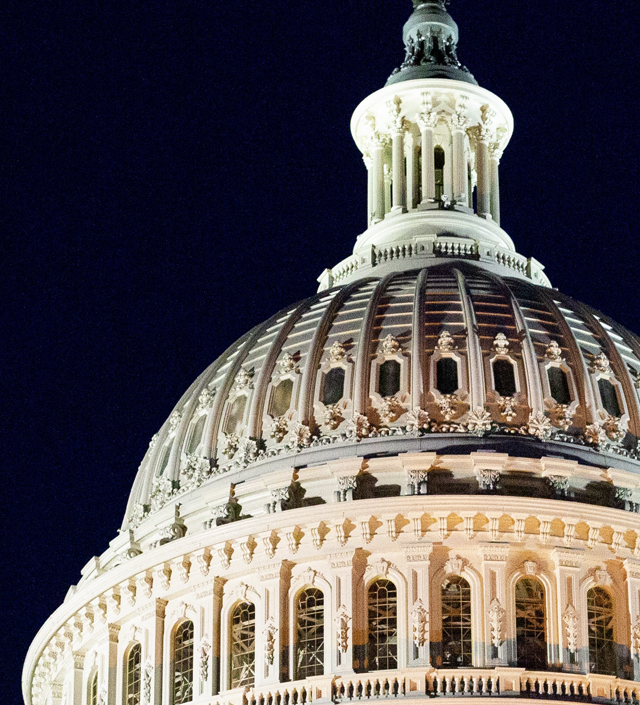The House gave broad bipartisan approval Jan. 31 to a $78 billion bill that would expand the child tax credit and restore a set of corporate tax breaks, a rare feat in an election year by a Congress that has labored to legislate.
The bill passed 357-70, with mainstream lawmakers in both parties driving the House’s first major bipartisan bill of the year to passage. Forty-seven Republicans and 23 Democrats voted against the bill.
But despite the lopsided show of support, the measure faces a fraught path to enactment amid political divides over who should benefit the most. The effort, which faces resistance from Senate Republicans, is a test of whether a divided Congress with painfully thin margins can buck the dysfunction of the Republican-led House, set aside electoral politics and deliver legislation that would contain victories for both parties.
Rep. Jason Smith, R-Mo., chair of the House Ways and Means Committee, championed the legislation as “pro-growth, pro-jobs and pro-America.”
The package would expand the child tax credit — though a version substantially scaled back from its pandemic-era level — and restore a set of business tax breaks related to research and development, and capital expenses. Both would last through 2025. It would also bolster the low-income housing tax credit and extend tax benefits to disaster victims, and Taiwanese companies and individuals.
The plan would be financed by curbing the employee retention tax credit, a pandemic-era measure meant to encourage employers to keep workers on the payroll that has become a magnet for fraud.
In a sign of the political hurdles that are complicating the bill’s path, Speaker Mike Johnson brought it to the floor Wednesday under special expedited procedures that required a two-thirds majority for passage. The maneuver allowed him to steer around Republicans who could otherwise have blocked the bill over their policy and political objections.
Senate Republicans have also sought to pump the brakes, in another indication of the political challenges the package still faces. The bill would be a win for President Joe Biden and Democrats, who have made expanding the child tax credit a signature issue, including Sen. Sherrod Brown of Ohio, who is up for reelection this year and is a key target for Republicans in November.
c.2024 The New York Times Company. This article originally appeared in The New York Times.







